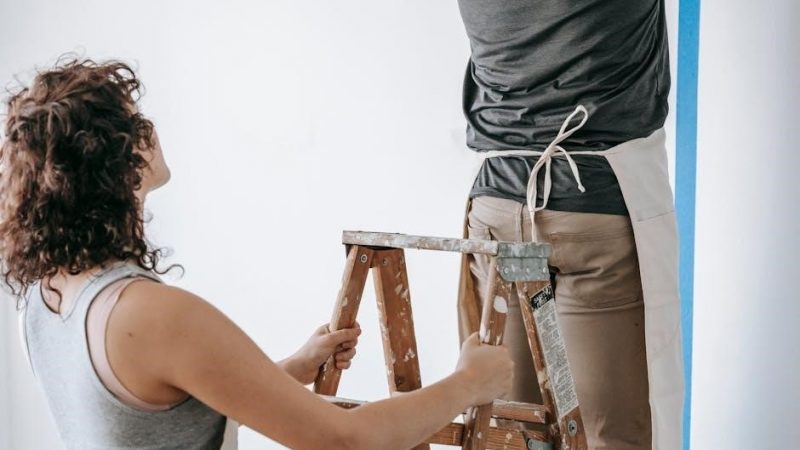the antique hunters guide

Antique hunting is a captivating journey blending history, art, and adventure. It involves the thrilling pursuit of rare, vintage items, offering a unique sense of discovery and fulfillment.
1.1 What is Antique Hunting?
Antique hunting is the pursuit of rare, vintage items of historical or artistic value. It combines art, history, and adventure, requiring skill, patience, and knowledge to uncover hidden treasures. This captivating hobby offers a thrilling experience, connecting collectors with the past while preserving cultural heritage.
1.2 The Allure of Antique Collecting
Antique collecting captivates enthusiasts with its blend of history, artistry, and storytelling. Each piece offers a gateway to the past, embodying craftsmanship and unique narratives. The thrill of discovery, combined with the potential for appreciation in value, makes it a rewarding hobby that merges passion with investment.
Popular Types of Antiques
Antique furniture, vintage jewelry, rare coins, and hunting-related items captivate collectors. These treasures blend history, artistry, and investment potential, making them highly sought after by enthusiasts worldwide.
2.1 Antique Furniture
Antique furniture is a cornerstone of collecting, offering timeless elegance and historical charm. Pieces from periods like Victorian, Art Deco, and mid-century modern are highly prized; Craftsmanship, rarity, and provenance determine value, making each find a unique addition to any home, blending functionality with the beauty of the past.
2.2 Vintage Jewelry
Vintage jewelry captivates collectors with its intricate designs and historical charm. From Art Deco to Victorian pieces, each item tells a story. Craftsmanship, rare materials, and unique hallmarks make vintage jewelry highly sought after. Collectors often seek pieces with provenance, as they hold emotional and monetary value, reflecting the artistry of bygone eras.
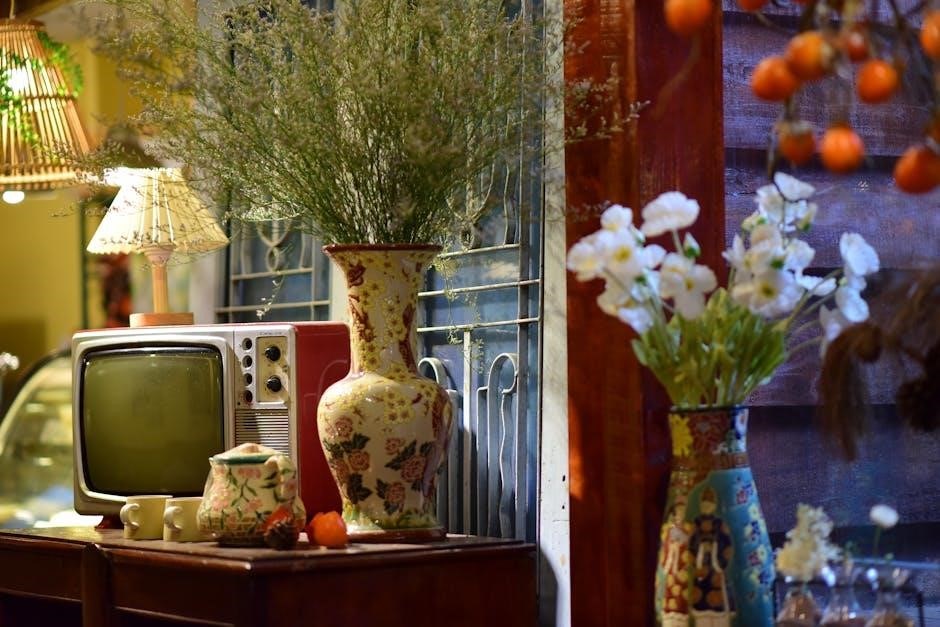
2.3 Rare Coins and Currency
Rare coins and currency captivate collectors with their historical significance and rarity. From ancient minting errors to limited-edition releases, these pieces often hold substantial monetary and emotional value. Collectors prize them for their connection to past events, cultural heritage, and potential investment opportunities, making them a cornerstone of many antique hunting adventures.
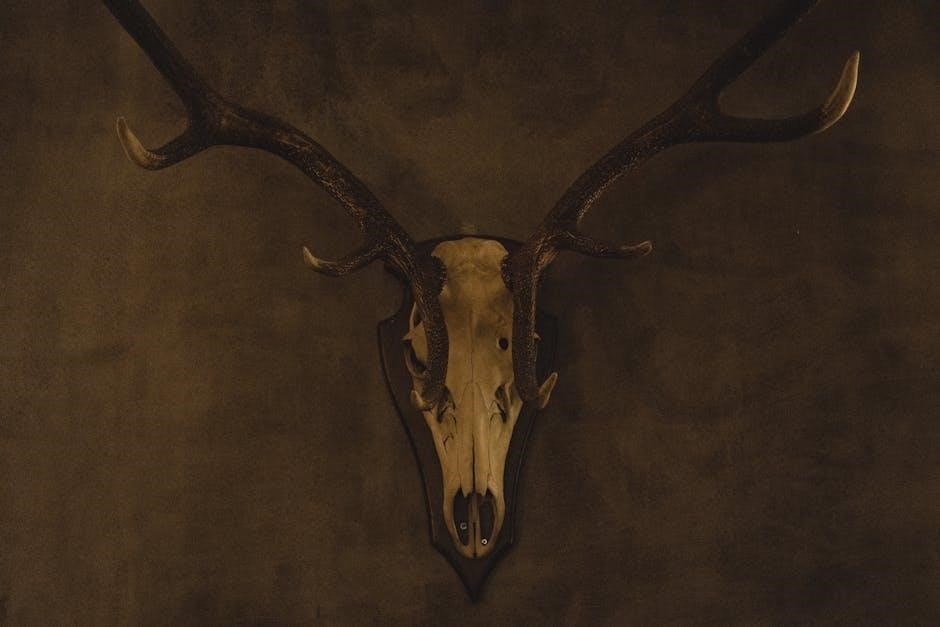
Where to Find Antiques
Antique hunting adventures lead to unique discoveries in various locations. Explore antique shops, flea markets, and online platforms to uncover hidden treasures and rare items.
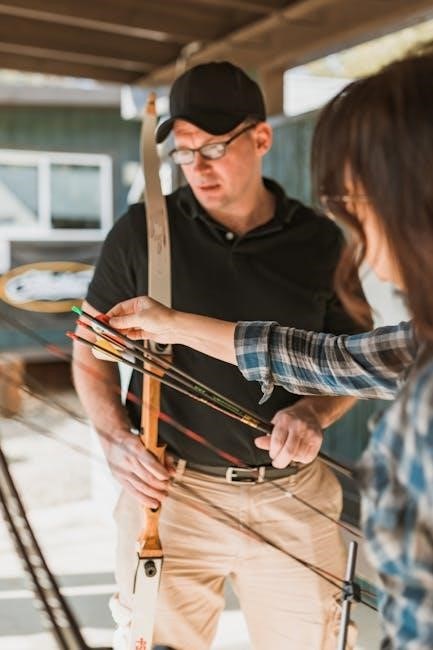
3.1 Antique Shops and Malls
Antique shops and malls offer a diverse inventory of vintage items, from furniture to jewelry. Explore stores like Lemoyne’s Antique Marketplace or Chor Bazaar for unique finds. These locations provide a curated selection, making it easier to discover rare treasures. Inspect items carefully, and don’t hesitate to negotiate prices for the perfect addition to your collection.
3.2 Flea Markets and Swap Meets
Flea markets and swap meets are vibrant hubs for antique hunting, offering a wide array of unique, often overlooked treasures. From vintage jewelry to rare coins, these bustling venues provide an exciting atmosphere for discovery. Arrive early, inspect items thoroughly, and negotiate prices to uncover hidden gems that add character to your collection.
3.4 Online Marketplaces
Online marketplaces like eBay, Etsy, and specialized antique forums offer a vast, accessible platform for hunters. These sites showcase rare items globally, allowing buyers to filter by category, era, and price. However, authenticity and shipping logistics require careful consideration. Use detailed descriptions, seller ratings, and high-quality images to make informed decisions and secure unique treasures from the comfort of home.
Tips for Successful Antique Hunting
Antique hunting demands a strategic approach, combining research with practical knowledge. Navigating markets, estate sales, and online platforms effectively enhances your chances of discovering hidden gems and making informed decisions.
4.1 Research and Preparation
Thorough research is essential for successful antique hunting. Identify desired items, study their history, and learn to recognize authentic pieces. Preparation involves setting budgets, understanding market trends, and knowing where to search. Using guides and expert advice helps refine your strategy, ensuring informed decisions and maximizing your chances of finding valuable antiques effectively.
4.2 Negotiation Techniques
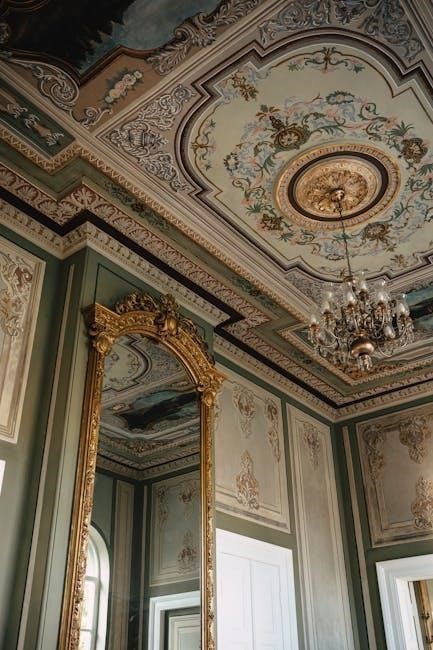
Mastering negotiation is crucial for antique hunters. Start with a lower offer, use condition reports to justify reductions, and leverage market knowledge. Building rapport with sellers can lead to better deals. Be polite, persistent, and prepared to walk away if terms aren’t favorable. Knowing market value ensures fair and successful negotiations every time.
4.3 Understanding Antique Pricing
Antique pricing depends on factors like rarity, condition, provenance, and demand. Researching market trends and comparing similar items helps validate prices. Consider costs of restoration and authentication. Understanding pricing guides and appraisals ensures informed decisions, while negotiating effectively can secure fair deals. Knowledge of pricing dynamics is key to successful antique acquisitions and investments.
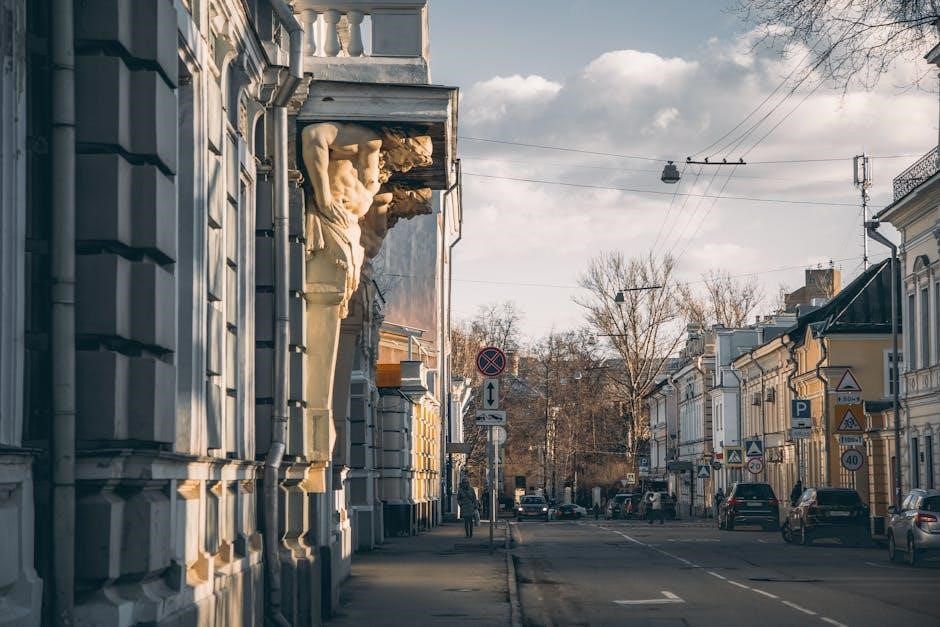
The Antique Hunter’s Toolkit
A well-equipped toolkit includes a magnifying glass, reference guides, and UV light for authenticating items. These tools aid in identifying genuine antiques and determining their value effectively.
5.1 Essential Tools for Antique Hunting
A magnifying glass, UV light, and reference guides are indispensable for identifying authenticity. Gloves protect delicate items, while a flashlight illuminates hidden details. A portable loupe aids in examining intricate craftsmanship, ensuring accurate assessments and informed decisions during the hunt.
5.2 How to Use Reference Guides

Reference guides are vital for identifying and dating antiques; Study hallmark patterns, maker’s marks, and historical contexts. Cross-reference materials with known examples to authenticate items. Regularly update your guides to stay informed about market trends and emerging details in the ever-evolving world of antique collecting.
5.3 The Importance of Networking
Networking is crucial for antique hunters, connecting them with experts, collectors, and dealers. Join clubs, attend auctions, and engage in online forums to share knowledge and opportunities. Building relationships fosters trust, gaining access to rare items and insider insights. Collaboration enhances your ability to identify genuine pieces and avoid replicas effectively.
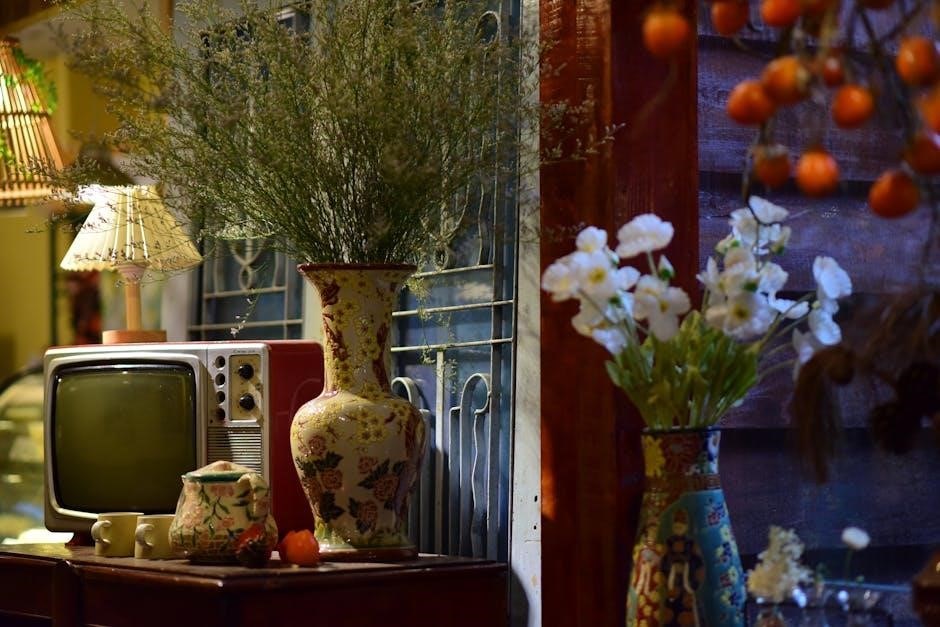
Authenticity and Restoration
Authenticity is key in antique hunting, requiring expert verification. Restoration preserves value without altering historical integrity. Avoid replicas by examining maker’s marks, materials, and historical records meticulously.
6.1 Identifying Genuine Antiques
Identifying genuine antiques demands meticulous examination of materials, craftsmanship, and historical context. Look for signs of aging, patina, and maker’s marks. Researching provenance and consulting experts can help verify authenticity, distinguishing rare finds from reproductions and forgeries in the competitive world of antique collecting.
6.2 The Role of Restoration
Restoration preserves an antique’s integrity, enhancing its value while maintaining historical authenticity. Skilled conservators use traditional techniques to repair damages, ensuring the piece’s original character remains intact. Proper restoration can elevate an item’s market worth, making it a cherished possession for collectors and connoisseurs alike in the world of antiques.
6.3 Avoiding Replicas and Fakes
Distinguishing genuine antiques from replicas requires keen observation and expertise. Examine materials, craftsmanship, and patina for authenticity. Research historical contexts and consult experts to verify provenance. Be cautious of overly polished or uniform finishes, as these may indicate modern reproductions designed to deceive even experienced collectors in the antique market.
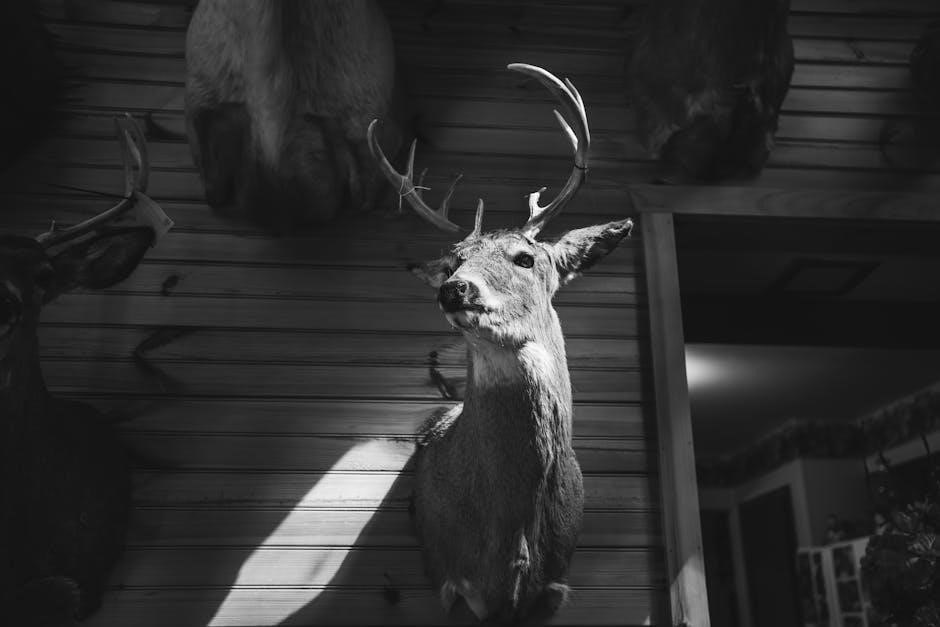
Legal and Ethical Considerations

Antique hunting involves respecting legal frameworks and ethical practices. Understanding laws on cultural heritage, export restrictions, and ownership rights is essential to ensure responsible and lawful collecting practices.
7.1 Understanding Antique Laws
Understanding antique laws is crucial for ethical collecting. Laws vary by region, covering cultural heritage, export restrictions, and ownership rights. Ensuring compliance prevents legal issues and supports preservation of historical artifacts. Knowledge of these regulations helps collectors navigate the complexities of acquiring and selling antiques responsibly and legally.
7.2 Ethical Collecting Practices
Ethical collecting involves respecting cultural heritage and provenance. Collectors should avoid acquiring items with uncertain origins or those removed illegally. Supporting reputable dealers and documenting purchases ensures transparency. Prioritizing preservation over profit fosters a responsible community, promoting the appreciation of antiques while honoring their historical significance and rightful ownership.
7.3 Reporting Stolen or Looted Items
Collectors must report stolen or looted items to authorities immediately. This ensures recovery and restitution to rightful owners. Cooperation with law enforcement and international databases, like the Art Loss Register, is crucial. Failing to report such items can perpetuate illegal trade, undermining the integrity of the antique market and its ethical standards.
The Antique Hunter’s Community
The antique hunter’s community is a vibrant network of collectors, dealers, and enthusiasts sharing knowledge, experiences, and passion for antiques, fostering collaboration and mutual growth.
8.1 Joining Antique Collecting Clubs
Joining antique collecting clubs connects enthusiasts with like-minded individuals, offering opportunities to share knowledge, gain insights, and participate in events. These clubs often host workshops, auctions, and exhibitions, fostering a sense of belonging and expertise within the antique hunting community. Membership provides access to exclusive resources and networking opportunities.
8.2 Attending Antique Shows and Auctions
Attending antique shows and auctions offers a dynamic way to discover rare items, network with dealers, and learn from experts. These events provide a platform to witness the unveiling of unique pieces, participate in competitive bidding, and experience the thrill of acquiring cherished antiques firsthand, making them invaluable for both seasoned collectors and newcomers.
8.3 Sharing Knowledge and Experiences
Sharing knowledge and experiences within the antique hunting community fosters collaboration and learning. Seasoned collectors mentor newcomers, while enthusiasts exchange stories of rare finds and historical discoveries. This collective exchange enhances expertise, builds trust, and strengthens the bond among hunters, creating a vibrant network dedicated to preserving and celebrating antiquity.
The Future of Antique Hunting
Antique hunting’s future lies in blending technology with tradition, fostering sustainability, and engaging new generations. Innovations like AI and virtual auctions are reshaping how collectors discover and acquire treasures, ensuring the hobby’s enduring appeal and accessibility.
9.1 Trends in Antique Collecting
Current trends in antique collecting highlight a shift toward mid-century modern and Art Deco pieces, with sustainability and ethical sourcing gaining importance. Online platforms and AI-driven auctions are transforming accessibility, while rare items like vintage toys and antique guns gain popularity, reflecting diverse collector interests and the evolving market dynamics.
9.2 The Impact of Technology
Technology is revolutionizing antique hunting through online marketplaces, AI valuation tools, and digital authentication methods. Virtual auctions and social media platforms expand accessibility, enabling global connections between collectors and dealers. These advancements enhance discovery and streamline transactions, making antique collecting more efficient and inclusive for both seasoned enthusiasts and newcomers alike.
9.3 Advice for New Collectors
New collectors should start by researching their interests, understanding market trends, and setting budgets. Building relationships with dealers and joining communities can provide valuable insights. Prioritize authenticity, condition, and provenance. Patience and persistence are key, as the most rewarding finds often require time and effort to uncover and acquire.
Antique hunting is a rewarding journey that combines history, art, and adventure. With patience and dedication, collectors uncover hidden treasures, creating lasting memories and a legacy of passion.
10.1 The Rewards of Antique Hunting
Antique hunting offers immense satisfaction, blending thrill, discovery, and history. Unearthing rare items brings joy, creating personalized spaces with provenance. The emotional connection to the past and the pride in restoring treasures add lasting fulfillment, making each find a cherished accomplishment.
10.2 Final Tips for Aspiring Collectors
Start with research, understanding market trends and item values. Patience is key; don’t rush discoveries. Build relationships with dealers and fellow collectors for insights. Always inspect items carefully and negotiate fairly. Focus on quality over quantity, and enjoy the journey of building a meaningful collection that reflects your passion and style.




